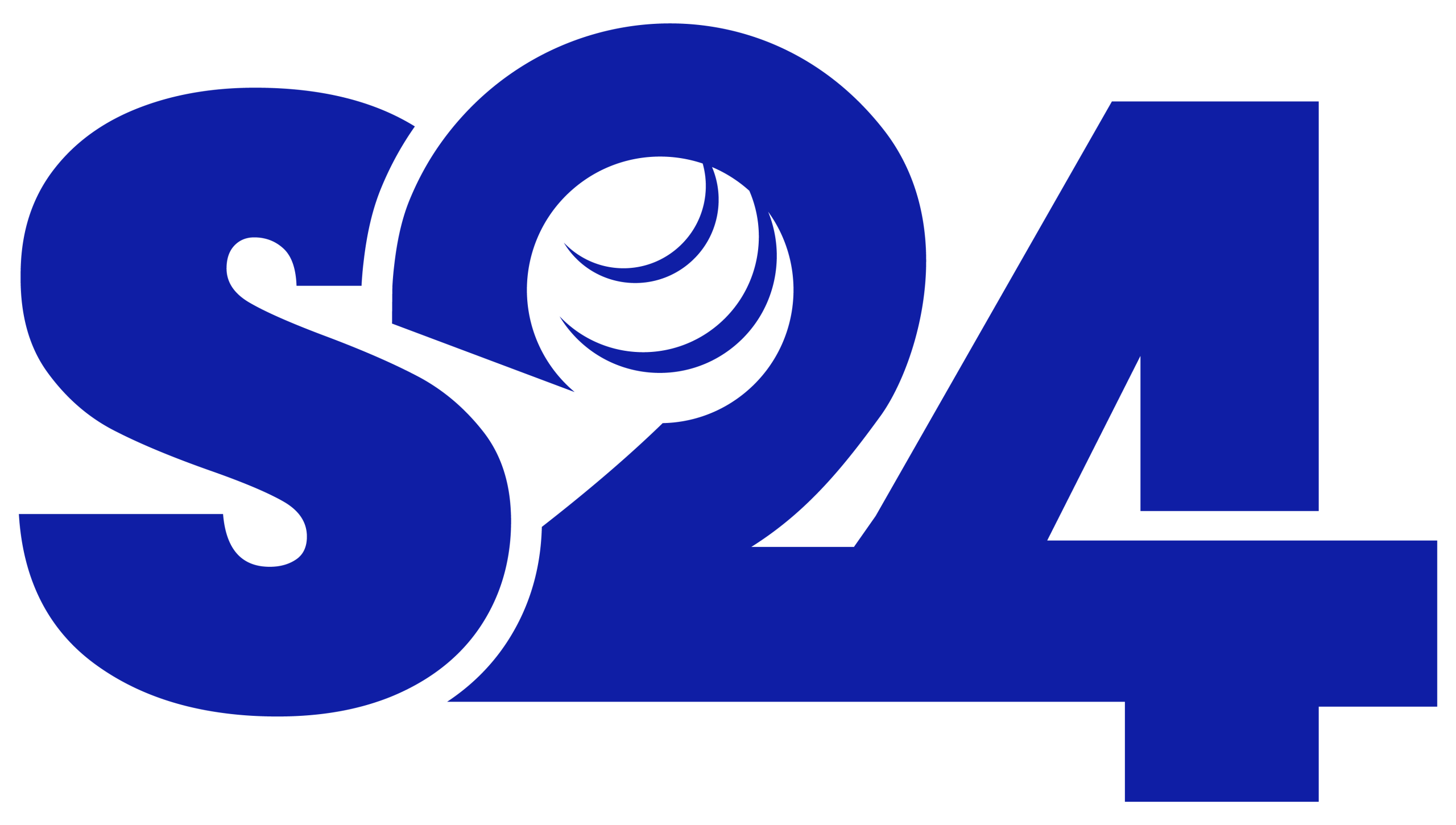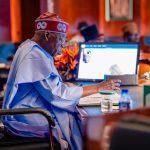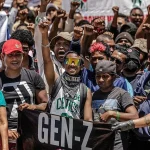By Aisha Muhammad Magaji
The Federal High Court in Abuja has scheduled the arraignment of activist and Sahara Reporters publisher Omoyele Sowore for October 27, 2025. Sowore faces a five-count charge filed by the Department of State Services (DSS), accusing him of making false and defamatory statements about President Bola Ahmed Tinubu on his social media platforms.
The charges stem from an August 25, 2025, post on Sowore’s official X (formerly Twitter) account, where he referred to President Tinubu as “a criminal” and criticized his statements during a trip to Brazil. The DSS alleges that the post violated Section 24(2)(b) of the Cybercrimes (Prohibition, Prevention, etc.) Amendment Act, 2024, by publishing false information intended to cause a breakdown of law and order.
In addition to Sowore, social media platforms X and Meta (Facebook) Inc. have been named as co-defendants in the case. The prosecution claims that these platforms hosted the allegedly defamatory content.
During the initial court session, Sowore’s counsel, Marshal Abubakar, informed the court that his client had not been personally served with the charge sheet, as required by law. Representatives for Meta also confirmed they had just been served in court. The second defendant, X, was not represented.
Justice Mohammed Umar directed that Sowore be properly served in court and adjourned the case to October 27 to allow the defendants adequate time to prepare for the arraignment.
Sowore has characterized the charges as politically motivated, asserting that they are an attempt to stifle dissent and free expression. He has vowed to contest the charges in court.
The case has drawn attention to issues of press freedom and the regulation of online speech in Nigeria. Legal experts and human rights organizations are closely monitoring the proceedings, as the outcome could have significant implications for the exercise of free expression in the country.
The scheduled arraignment of Omoyele Sowore on October 27 marks a critical juncture in the ongoing debate over the balance between national security concerns and the protection of free speech in Nigeria. As the case progresses, it is expected to attract widespread attention and scrutiny from various stakeholders, including legal practitioners, journalists, and civil society organizations.








